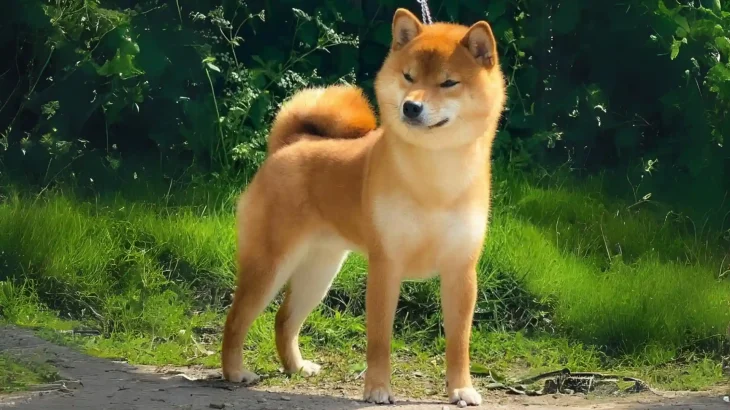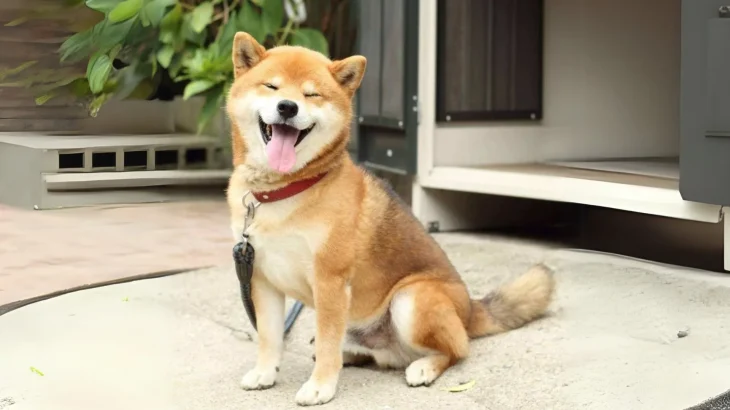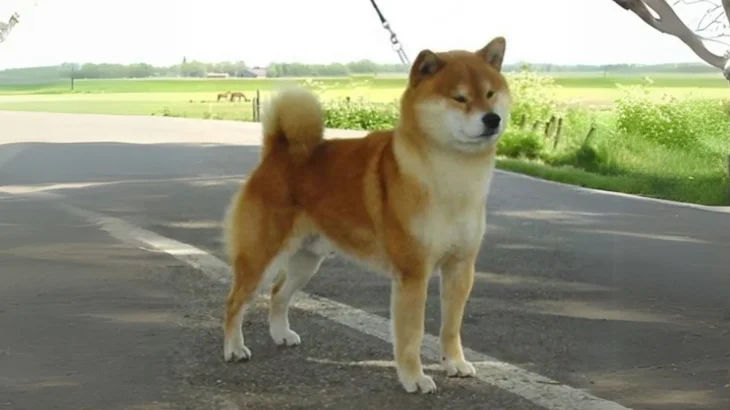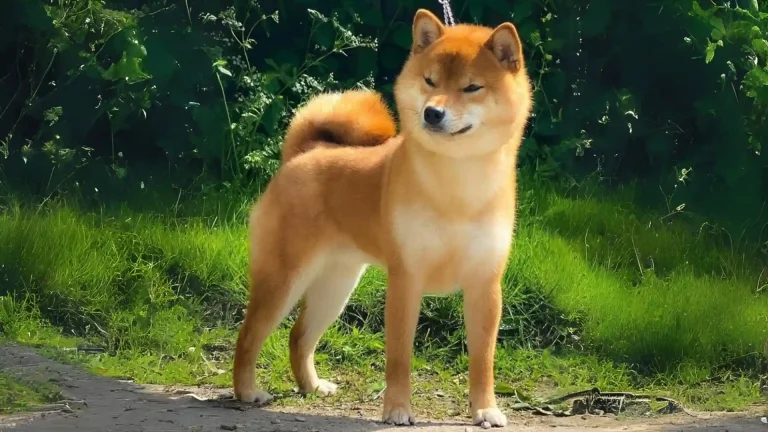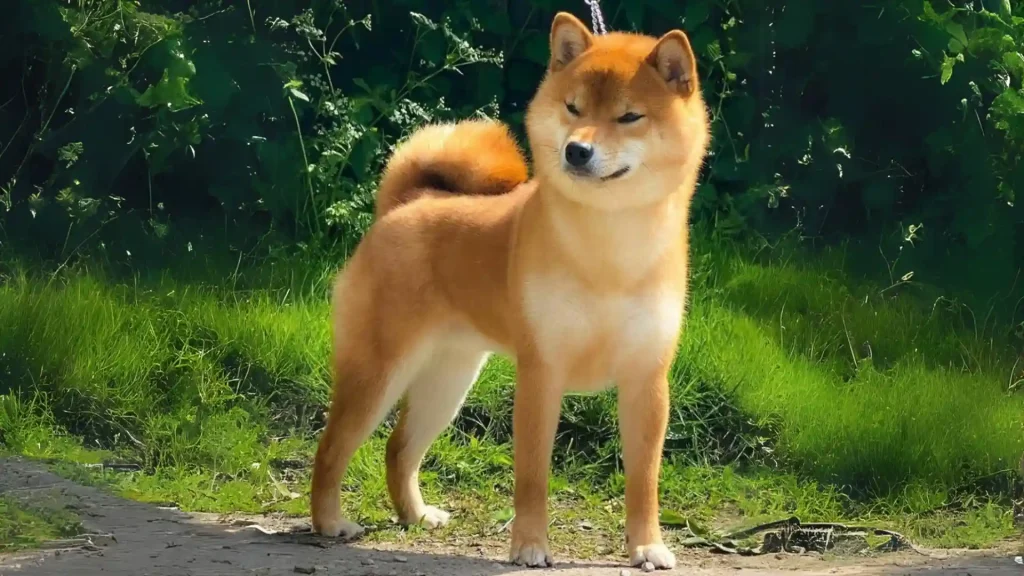When deciding whether to bring a Sanshu Dog puppy home, it's important to weigh adoption versus buying from a breeder. Each choice has its own benefits and challenges, especially regarding the puppy's background and ethical considerations.
Here's a simple comparison:
| Criteria | Buying from Breeder | Adopting from Shelter/Rescue |
|---|---|---|
| Cost | Generally higher, reflecting purebred status and breeder care. | Usually lower adoption fees, more budget-friendly. |
| Health History | Often detailed, includes genetic screening and vet records. | May be less detailed, but basic health checks are common. |
| Age Availability | Mostly puppies, allowing early bonding and training. | Various ages, including adults—more flexible options. |
| Temperament Insight | Breeders can share lineage-based behavior info. | Shelters provide behavior insights based on observation. |
| Supporting Practices | Supports breed preservation but requires verifying ethical breeders. | Supports animal welfare by providing homes to dogs in need. |
| Ethical Considerations | Risk of supporting less responsible breeding if not careful. | Helps reduce overpopulation and abandonment issue. |

